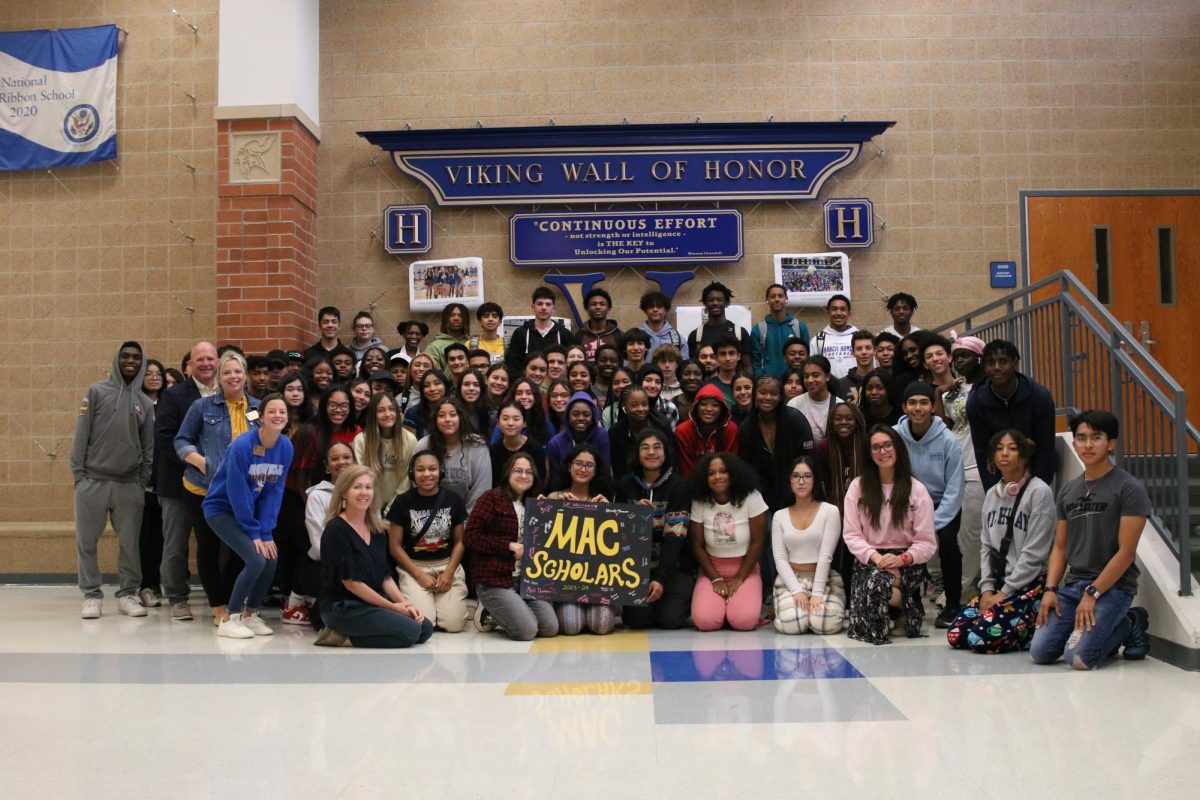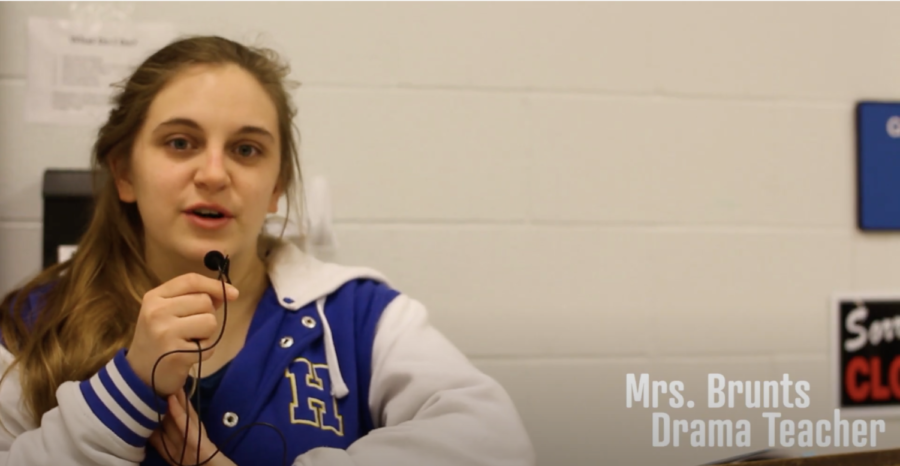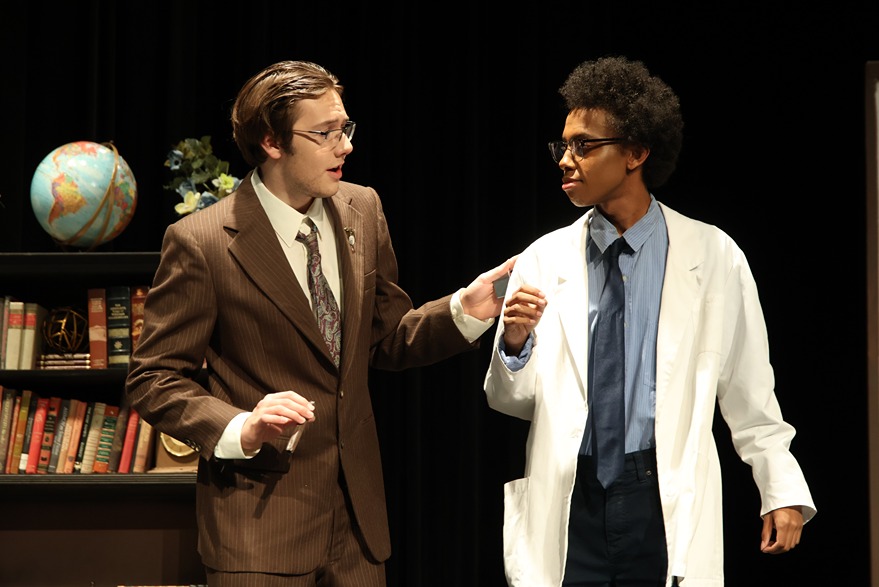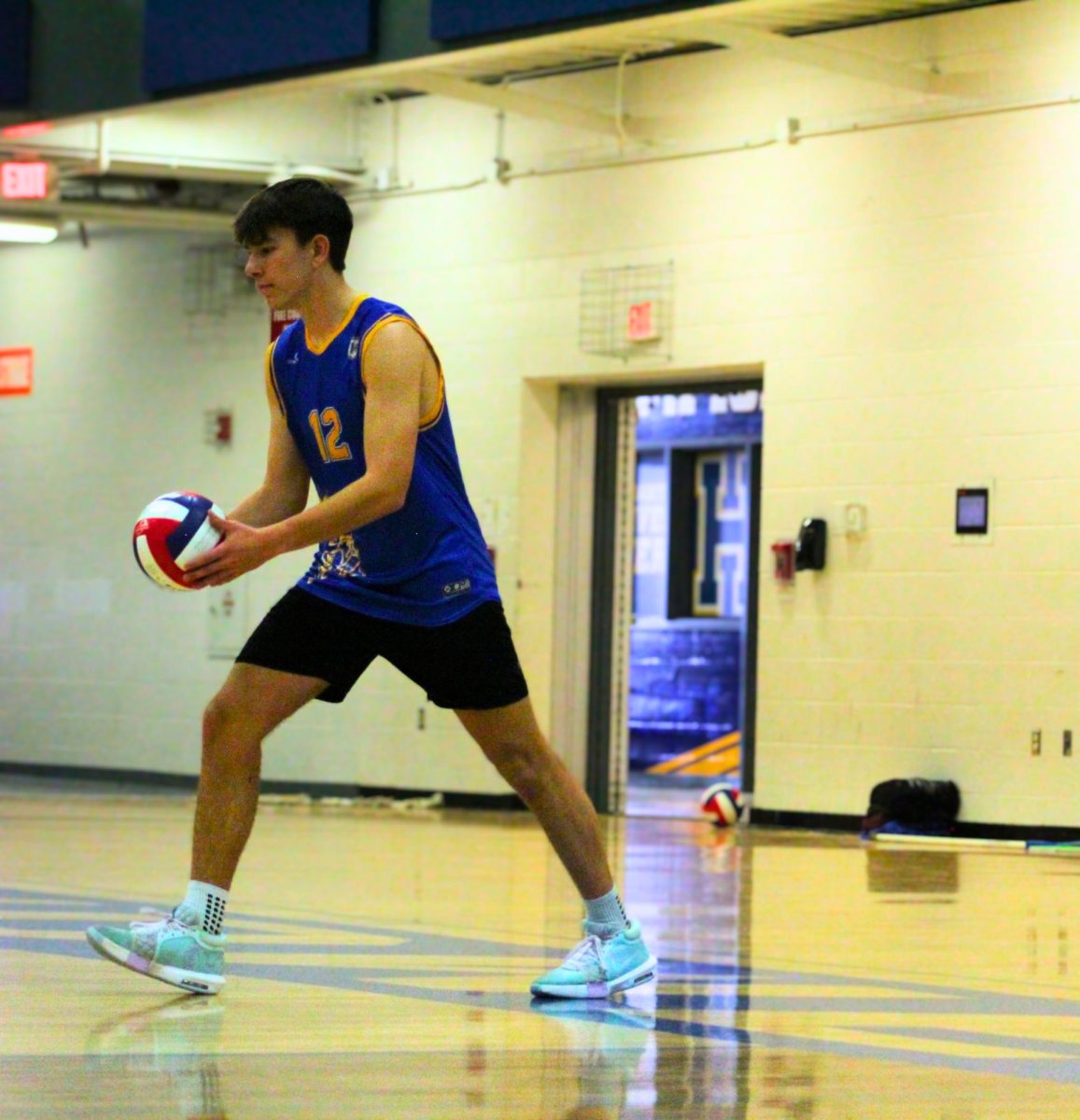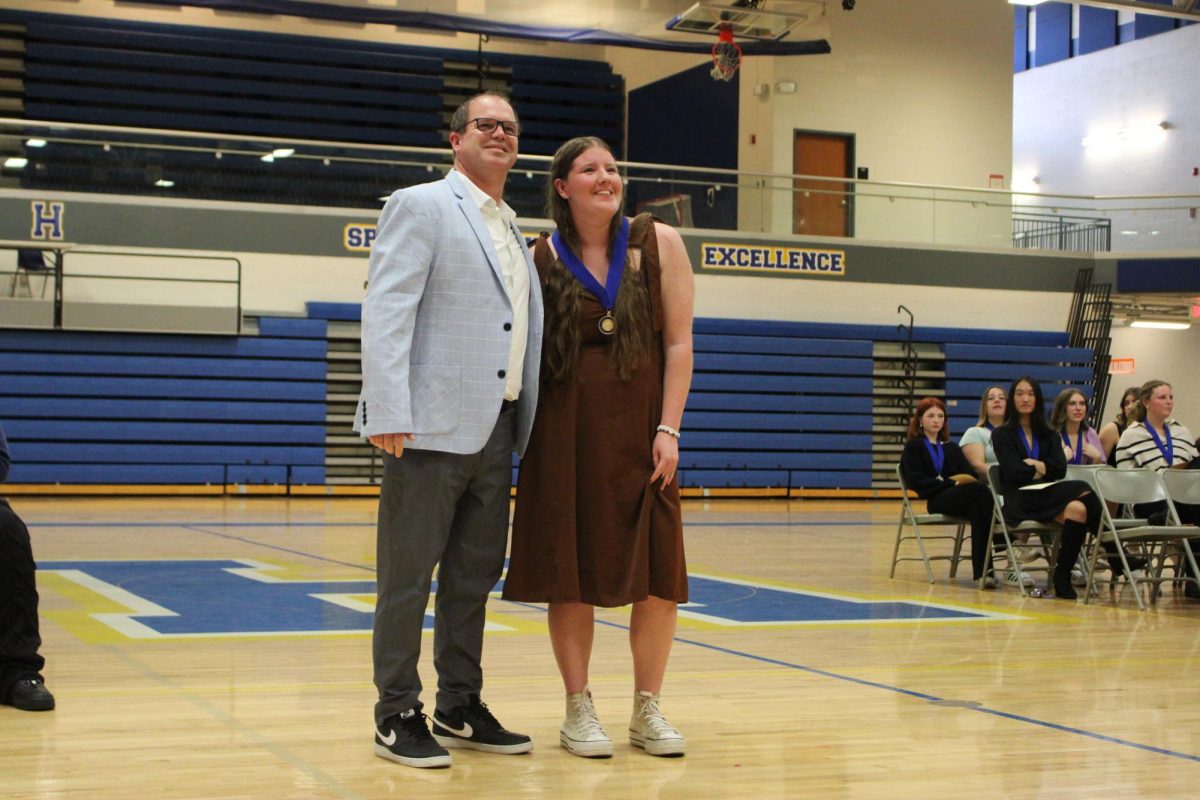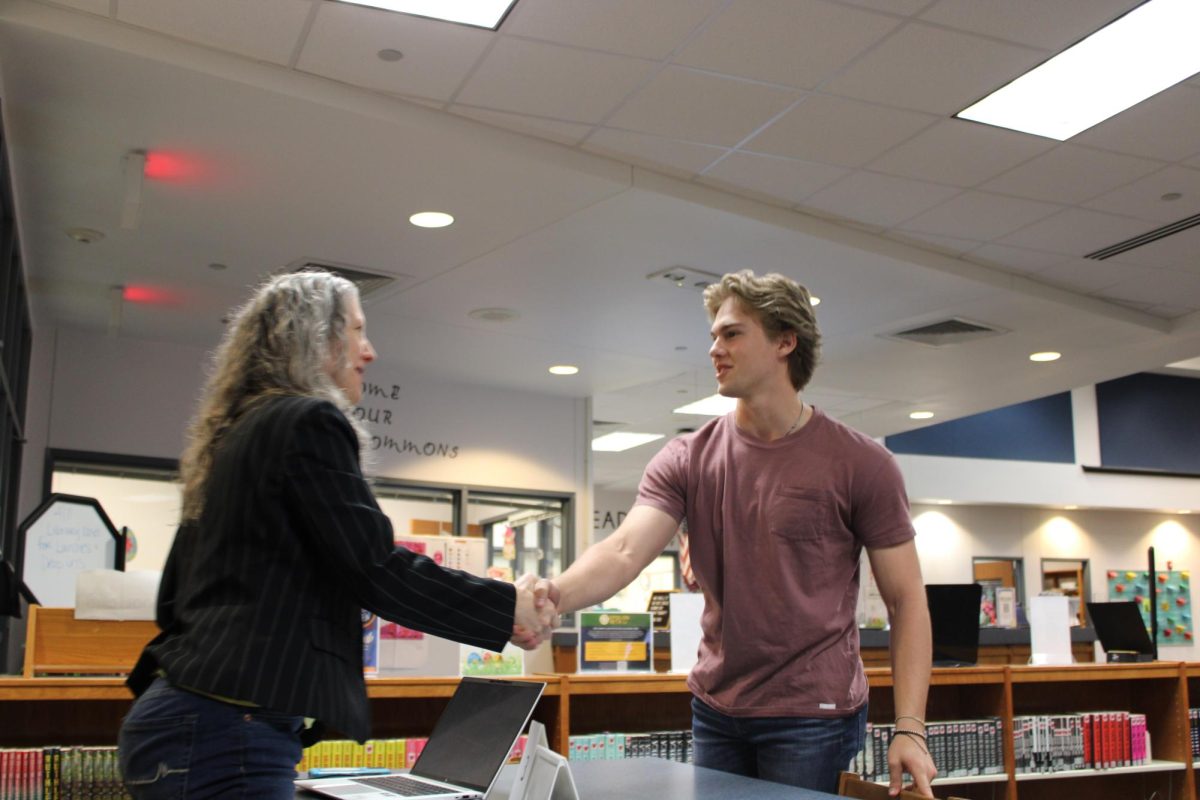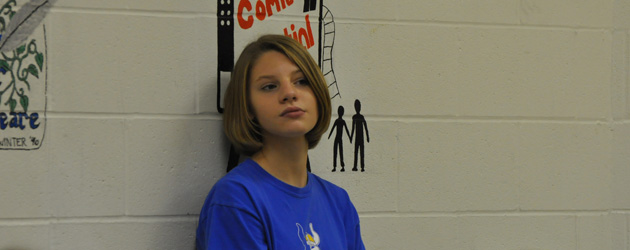Action! When an actor or actress hears this word, the butterflies begin. Getting ready to go on stage for a community play or a school play and forgetting just one line could be a recipe for disaster.
“A lot of the time, acting pushes you outside your comfort zone. You can’t be afraid of looking silly or embarrassing yourself,” senior Danielle Hughes said.
Hughes said that letting go and having to embrace a completely different character takes a lot of practice.
“I wouldn’t say acting is hard, per se. I mean, it’s a talent that comes naturally, something you’re born with,” she said.
Hughes maintains that acting has difficult elements such as putting one’s self into another persons’ shoes, especially into a character different from the actor.
Many students participate in outside acting. There are community theatres like St. Charles Community Theatre and Young People’s Theatre.
Hughes said that community theater acting and acting in a school play isn’t much different.
“It’s still a group of people working to put on the best production possible,” Hughes said.
She said that community theatre is “cool” in a sense that it introduces one to much more talent. It shows what people from other schools are capable of and how everyone becomes a family.
Sophomore Aurielle Macchi said that community theater and acting in school plays are much different because the actors are working with people who they don’t know. Macchi also said it’s also a great opportunity to meet people from all over the state.
“I’ve worked with people from Edwardsville, IL. to Wentzville, MO.” she said.
According to Hughes, there is no difference in the final product and rehearsal.
“Everything you see in a final, polished play has been done in rehearsal… a million and one times,” she said.
But everything doesn’t just happen over night. All the passion and emotion one sees during a live performance has been done during rehearsal.
During the play A Night at the Wax Museum with Young People’s Theater last year, Macchi’s character, Mary Read, was supposed to come on stage with a group of people. The group of people missed their cue and they had to improvise the whole scene.
“Rehearsals just give us a time to block everything and develop the characters we’re playing,” Hughes said.
Freshman Caleb Kapusciak also had a moment of improvisation. He was in the midst of the live play, Sherlock Holmes Comedy Trilogy. His character, Sir Edward Dare, was supposed to be portrayed as serious and strict. But when the director motioned at him to say his lines, he burst out laughing and broke character.
“I was lucky that my peers improvised around my mistake to get back to the play,” Kapusciak said.
“Once, I frazzled out on stage. I ended up talking really fast and I didn’t portray my character who was supposed to be angry. I sounded nervous, instead,” junior Tina Donnelly said.
Donnelly is the student director for the Limelight Theatre fall play, Distracted. Her job is to help the actors and actresses who are having trouble memorizing lines and portraying their character.
“Linebashing is when we send two or three actors out into the hall to work on lines. One or two kids will have a script and the other(s) will try their best to do lines from memorization. You just work out the kinks and get your lines down,” Donnelly said.
Donnelly says that kids struggle most with blocking, which is going through the play without a set or any props. She said that blocking is difficult because one isn’t aware of what’s going on. She said kids also struggle with emphasising their tone.
“You have to give yourself up when acting. Forget who you are and become your character. Focus on that and staying calm and you will be fine!” Donnelly said.
“When you’re just rehearsing a show, it always starts out just as a skeleton and you have to build onto that with character and personality and movement and then the technical aspects of it come on stage,” Macchi said.
Written by: Emily Aiken










